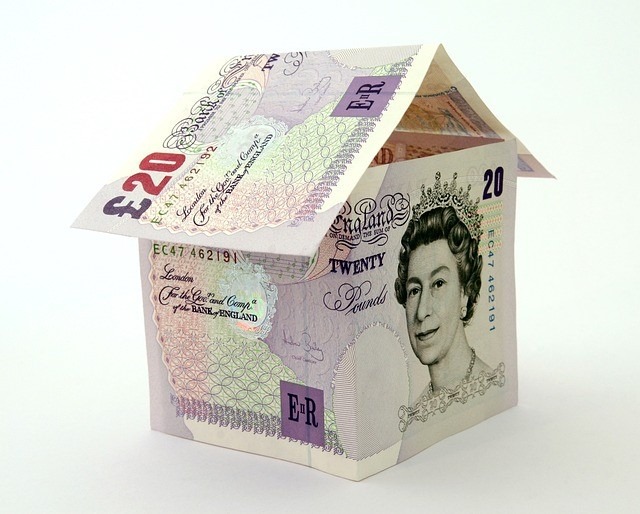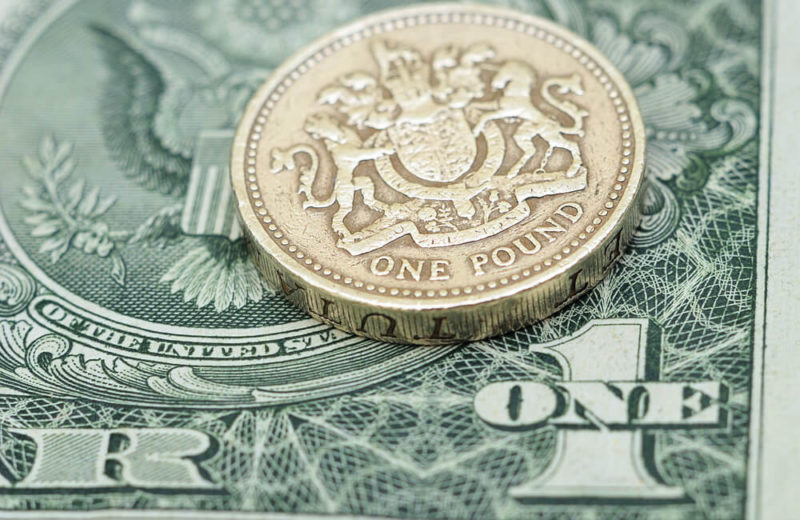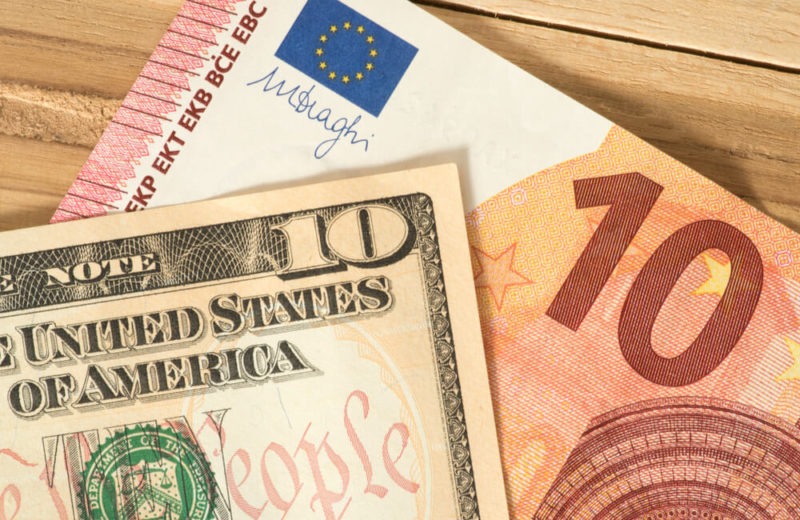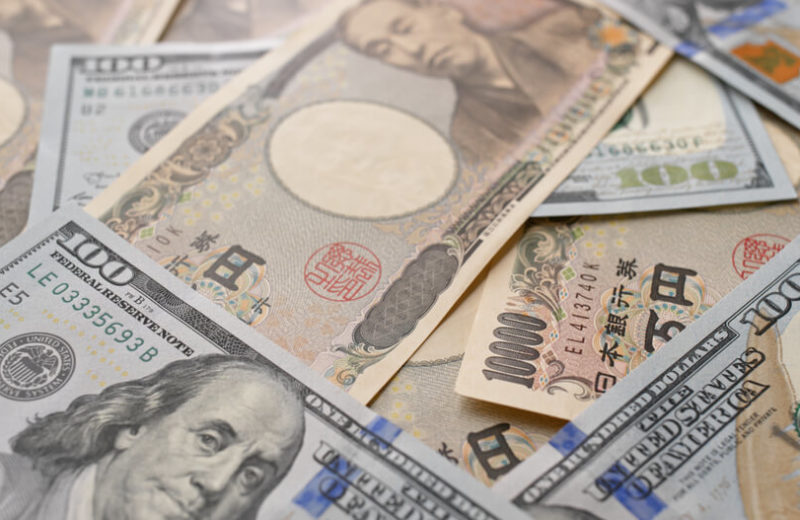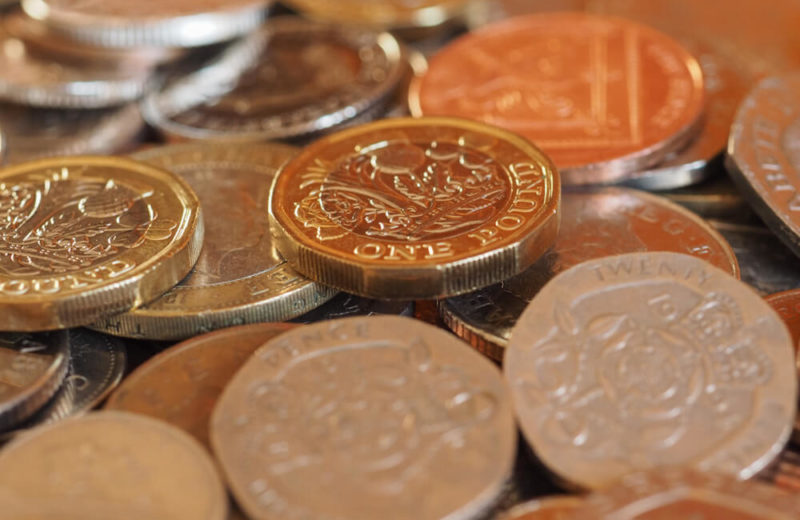Investors estimate that the Bank of England could raise interest rates next week by 0.25 percent to 4.75 percent, the highest in the last 15 years. It would be the 13th consecutive increase in interest rates since last year in an attempt to curb persistent inflation.
Markets expect the Bank of England could raise rates by up to six percent, significantly above the level expected from the US Federal Reserve or the European Central Bank, as well as the highest level in Great Britain this century, reports Reuters.
Bank of England Governor Andrew Bailey told a parliamentary committee earlier this week that it was taking “much longer than expected” for inflation to come down and that the labor market was “very tight.”
Bailey’s assessment was preceded by an official inflation report which showed basic pay rose 7.2 percent year-on-year in the three months to April this year, the fastest rate of pay growth on record, excluding the pandemic period when the data was “skewed.”
Although wages are still falling compared to the inflation trend, their growth increases market expectations for further increases in Bank of England interest rates. Yields on two-year government bonds reached their highest level since 2008.
Analysts state that Great Britain is in a very challenging situation, with inflation of 8.7 percent in April, and that the Bank of England faces an even greater challenge than other central banks.
The European Central Bank Increased Interest Rates by 0.25 Percent
Today, the European Central Bank (ECB) decided to raise three key interest rates by 0.25 percent each, to the highest level in the last 22 years, warning that inflation is far from retreating to the target range.
The ECB’s decision to raise the benchmark interest rate to 3.5 percent came at a time when the central bank was struggling with an apparent price and wage spiral and a stagnant economy.
Inflation is decreasing but should remain excessively high for too long, the ECB said in a statement.


